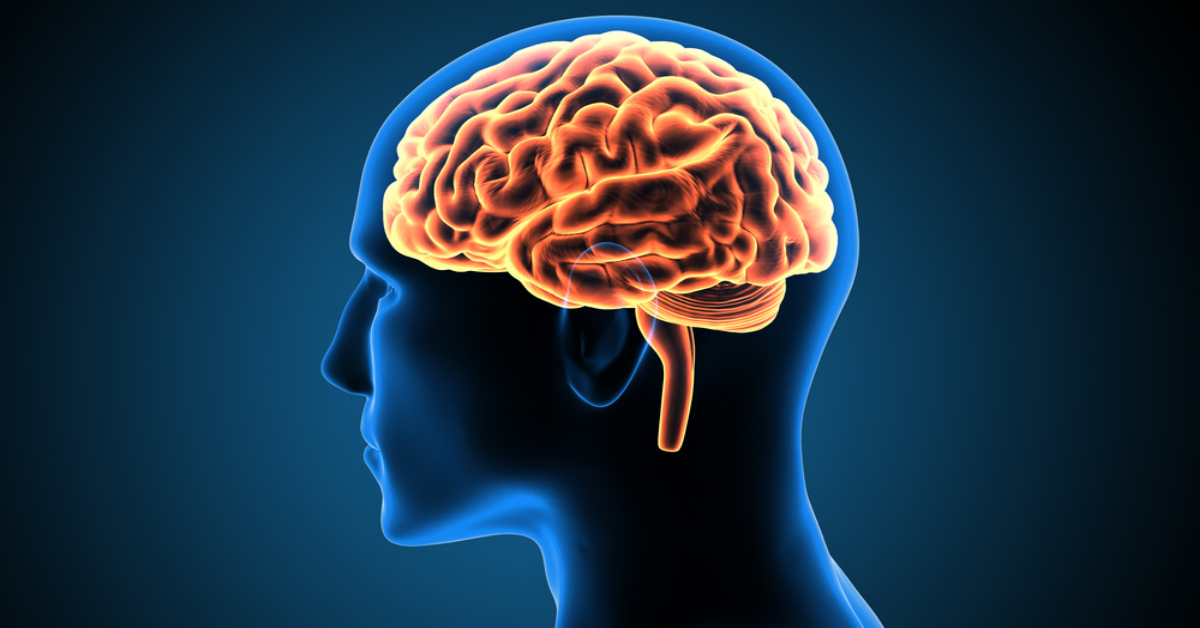In today’s fast-paced world, a sharp mind and impeccable memory aren’t just desirable—they’re essential. Whether you’re a student aiming for top grades, a professional striving for career excellence, or simply someone wanting to keep your mind agile as you age, training your brain can make all the difference. The good news? Your brain is incredibly adaptable, capable of growth and change through a process known as neuroplasticity. By engaging in targeted exercises and habits, you can enhance your memory, boost cognitive function, and perform at your best.
In this comprehensive guide, we’ll explore 12 powerful ways to exercise and train your brain for peak mental performance. From physical activities that stimulate neural pathways to mental exercises that sharpen your focus, each method is backed by scientific research and practical application. Ready to unlock your mental potential? Let’s dive in!
1. Engage in Regular Physical Exercise

Physical activity isn’t just for your body; it’s a potent catalyst for brain health. Aerobic exercises like running, swimming, cycling, and brisk walking increase blood flow to the brain, promoting the growth of new neurons (neurogenesis) especially in the hippocampus—the area critical for memory formation
Exercise stimulates the release of brain-derived neurotrophic factor (BDNF), a protein that supports neuron survival and growth. Regular workouts have been linked to improved memory, enhanced concentration, and reduced risk of neurodegenerative diseases like Alzheimer’s.
Aim for at least 150 minutes of moderate aerobic exercise weekly. Even a daily 30-minute walk can make a significant difference.
2. Practice Mindfulness Meditation
Mindfulness meditation involves focusing your attention on the present moment, observing thoughts and sensations without judgment. This practice has proven to increase grey matter density in areas associated with learning, memory, and emotional regulation.
Meditation reduces stress hormones like cortisol, which can impair memory and cognitive function. It also enhances attention span and improves neuroplasticity.
Dedicate 10-15 minutes daily to mindful breathing, guided meditation, or body scans. Use apps like Headspace or Calm to get started.
3. Engage in Brain-Training Games and Puzzles
Challenging your brain with puzzles, riddles, and games fosters neuroplasticity by creating new neural connections. Popular options include Sudoku, crossword puzzles, chess, and digital brain-training apps.
These activities target specific cognitive skills such as memory, reasoning, problem-solving, and attention, keeping your brain sharp and adaptable.
Set aside 15-30 minutes daily for brain games. Mix different types to stimulate various neural pathways.
4. Learn a New Skill or Language

Acquiring new skills, especially those that require mental effort like learning a language or playing an instrument, strengthens neural networks and promotes cognitive flexibility.
Learning new information or skills involves creating new synaptic connections, enhancing memory and executive functions.
Enroll in language classes, use language learning apps like Duolingo, or take up a musical instrument. Consistency is key—practice regularly.
5. Maintain a Healthy Diet Rich in Brain-Boosting Nutrients
Nutrition plays a vital role in brain health. Diets rich in omega-3 fatty acids, antioxidants, vitamins, and minerals support cognitive function.
Key foods include:
- Fatty fish (salmon, mackerel)
- Berries (blueberries, strawberries)
- Leafy greens (spinach, kale)
- Nuts and seeds
- Whole grains
These foods reduce inflammation and oxidative stress, which can damage brain cells, and provide essential nutrients for neurotransmitter synthesis and neural integrity.
Adopt a Mediterranean-style diet, limit processed foods, and stay hydrated.
6. Prioritize Quality Sleep

Sleep is critical for memory consolidation and clearing toxins from the brain. During deep sleep stages, your brain processes and stores new information, making it easier to recall later.
Sleep deprivation impairs attention, problem-solving, and memory. Conversely, good sleep hygiene enhances neuroplasticity and cognitive resilience.
Aim for 7-9 hours of quality sleep per night. Establish a bedtime routine, limit screen time before bed, and create a sleep-friendly environment.
7. Use Mnemonic Devices and Memory Techniques
Mnemonic devices are strategies that aid in encoding and retrieving information. Techniques like the method of loci, acronyms, and visualization enhance memory retention.
These methods engage multiple brain areas, including the visual-spatial and associative memory centers, making information more memorable.
When learning new facts, visualize them in familiar locations (method of loci) or create vivid mental images to link concepts.
8. Stay Socially Active
Engaging in social interactions stimulates multiple brain regions involved in language, emotion, and reasoning. Social activities can delay cognitive decline and improve mental agility.
Socializing reduces stress, fosters emotional well-being, and provides mental stimulation, all of which support neuroplasticity.
Join clubs, attend community events, or simply stay connected with friends and family regularly.
9. Challenge Your Brain with Creative Activities

Creative pursuits such as painting, writing, dancing, or playing music encourage divergent thinking and problem-solving, fostering neural growth.
These activities activate various brain networks, promote neurogenesis, and improve cognitive flexibility.
Dedicate time weekly to creative hobbies, experiment with new art forms, or start a journal.
10. Manage Stress Effectively
Chronic stress negatively impacts memory and cognitive functions by releasing cortisol, which can damage neural tissue over time.
Stress management techniques like yoga, deep breathing, and relaxation exercises help maintain a healthy brain environment conducive to learning and memory.
Practice stress-reduction techniques daily, and consider mindfulness or meditation as part of your routine.
11. Set Goals and Challenge Yourself Regularly
Continuous learning and setting achievable goals stimulate your brain’s growth. Tackling new challenges prevents mental stagnation and promotes neural development.
Achieving goals releases dopamine, a neurotransmitter associated with motivation and learning, reinforcing neural pathways.
Take on new projects, set personal milestones, and seek opportunities outside your comfort zone.
12. Maintain a Positive Attitude and Practice Gratitude

A positive outlook correlates with better brain health. Gratitude and optimism are linked to lower stress levels and improved neural connectivity.
Positive emotions foster neuroplasticity and promote the release of neurochemicals like dopamine and serotonin, enhancing cognitive functions.
Keep a gratitude journal, practice affirmations, and surround yourself with uplifting influences.
Final Motivation, Your Brain’s Future is in Your Hands
Training your brain is a lifelong journey. Incorporating these 12 strategies into your daily routine can significantly improve your memory, sharpen your focus, and elevate your mental performance. Remember, consistency is key—small, daily actions compound over time to produce remarkable results.
Are you ready to take your brain to the next level? Start today by selecting one or two methods from this list and gradually build from there. The more you nurture your mind, the more brilliant and resilient it becomes.
Share Your Journey!
Have you tried any of these brain-training techniques? What results have you experienced? Drop your thoughts, tips, or questions in the comments below. If you found this guide helpful, please share it with friends and family—let’s spread the knowledge for sharper, smarter minds everywhere!
Follow us on social media for more tips on mental fitness, cognitive health, and personal development. Stay inspired, stay motivated, and keep exercising your mind!
Unlock your brain’s full potential today—because a brilliant mind is your greatest asset!




